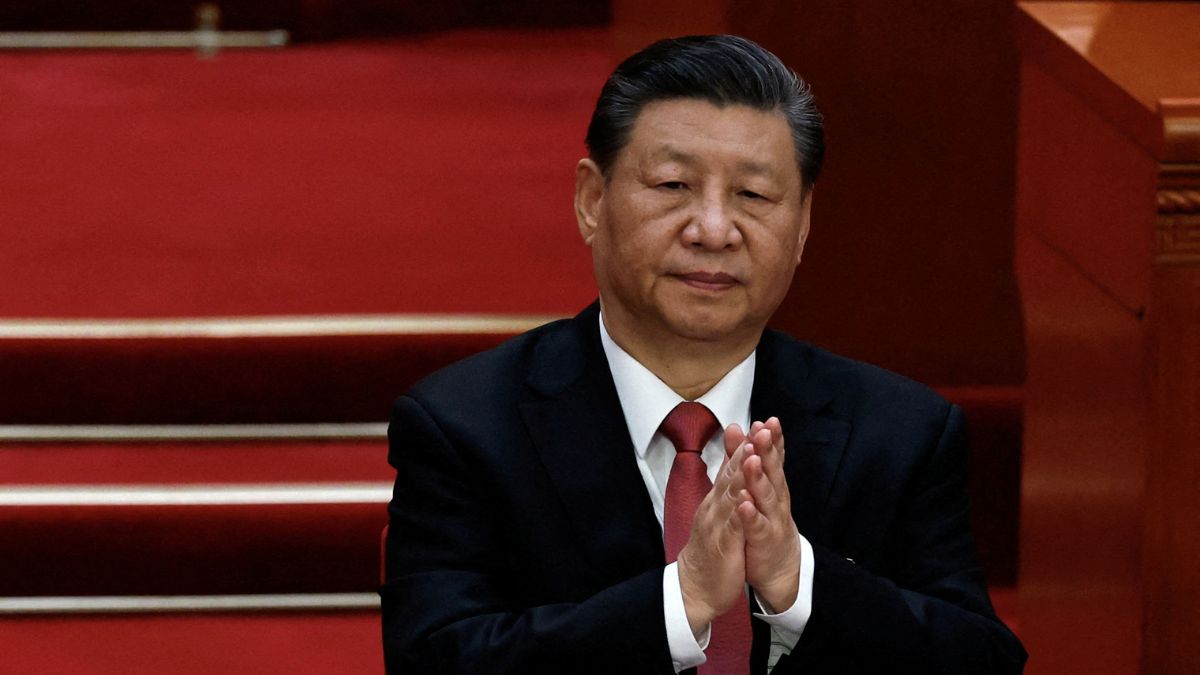Tokyo and the 18 Pacific Islands Forum (PIF) members expressed strong opposition to unilateral attempts to change the status quo by threat or use of force, a clear reference to China. Their joint statement, made at the Pacific Islands Leaders Meeting (PALM), emphasizes the need for a peaceful, stable, and prosperous Asia-Pacific region read more
)
Japan and Pacific Islands Forum (PIF) member nations called out Beijing's salami-slicing tactics without naming China. Reuters
On Thursday (July 18), Tokyo and the 18 Pacific Islands Forum (PIF) members expressed strong opposition to any unilateral attempts to change the status quo by threat or use of force or coercion. Although they did not name China explicitly, their joint statement was a thinly-veiled reference to the Asian giant.
Such phrasing is often used by the United States and its allies to refer to Beijing’s growing influence and military capacity in the Asia-Pacific. In other words, those present at the Pacific Islands Leaders Meeting (PALM) have banded against China’s “salami slicing” strategy. This approach involves taking small, gradual actions that accumulate to significant territorial or strategic gains over time without provoking major conflicts.
Salami-slicing at work
China has long asserted its claims over the South China Sea—a quest for control that is an affront to neighbors’ security, global commerce, and, according to a tribunal in The Hague, international law, Financial Times reported. Recent spats with the Philippines show Beijing’s continued use of salami-slicing strategy, and how nations have responded to it. China’s paramilitary vessels have rammed Philippine ships and sprayed them with water cannons. Its coast guard has threatened Manila’s boats with knives and hatchets, drawing international attention.
In January, PIF member Nauru cut ties with Taiwan in favor of China, leaving only 12 states worldwide that recognize Taipei diplomatically, including Palau, another PIF member. China’s provision of aid for infrastructure and security in the Pacific is another layer of its salami-slicing strategy. By offering economic and developmental assistance, China strengthens its ties with these nations, gaining leverage and influence over their strategic decisions.
A prominent aspect of this strategy is the use of treaties. Beijing signed a secretive security pact with the Solomon Islands in 2022, sparking fears it could one day use the island to gain a strategic military toehold in the region despite assurances from Beijing and Honiara.
The pushback
The Philippines, Japan, and the PIF members have fought back. The latest statement is a sign of that. Palau’s national security coordinator Jennifer Anson expressed hope for Japanese support in maritime surveillance to track Chinese research vessels in Palau’s exclusive economic zone, according to broadcaster NHK. Filipino President Ferdinand Marcos Jr. has directed his navy to better secure the Second Thomas Shoal, a contested reef far closer to the Philippines than to China. Japan, too, has been bolstering its naval cooperation with allies like India, the US, and nations in the South China Sea.
The environment surrounding us has changed a lot since the first PALM summit was held, and we are facing complicated challenges, Japanese Prime Minister Fumio Kishida told reporters. The PALM Partners will, based on national requests and respect for national sovereignty, strengthen defense exchanges through port calls in the Pacific by Japan Self Defense Force (JSDF) aircraft and vessels. The call for a free, open, and sustainable maritime order based on the rule of law is a clear message to counter China’s salami slicing tactics in the region.

 2 months ago
26
2 months ago
26
)
)
)
)
)
)
)
)
)
)
)
)
)
)
)
)
)
)
)
)
)
)
)
)
)
 English (US) ·
English (US) ·